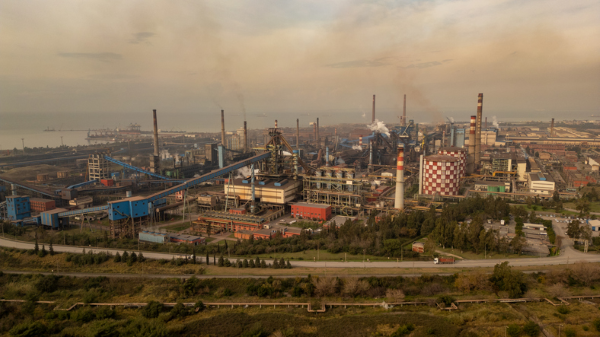According to Australia-based iron ore producer BHP, a consortium including ArcelorMittal Nippon Steel India, JSW Steel, Hyundai Steel Company, and major industry players BHP, Chevron, and Mitsui & Co., Ltd. is about to start a pre-feasibility study for fast-tracking the adoption of Carbon Capture, Utilization, and Storage (CCUS) technology across Asia.
This is the first independent, industry-led CCUS hub study of its kind in Asia. The study is open to new members and will conclude by the end of 2026. Its findings will be shared publicly to encourage broader adoption and inform policy frameworks.

A first for Asia’s heavy industries
The pre-feasibility study will map out technical and commercial pathways to deploy CCUS in hard-to-abate sectors such as steelmaking, where emissions are particularly challenging to reduce. The research will examine how to repurpose or store captured carbon, develop large-scale projects, and explore cross-border transport solutions -such as pipelines or shipping to storage facilities in Asia and Northern Australia.
Shared hubs to maximize efficiency
By creating shared infrastructure, the consortium aims to achieve cost reductions through economies of scale. Each participant will be linked to at least one hub, with conceptual development strategies including cost estimates, schedules, and commercialization road maps. The aim is to lower unit costs of carbon capture, transport, and storage, enable economic-scale utilisation of captured carbon, address multiple industries at once to speed up regional decarbonization and distribute costs and risks among all participating members.
“This will accelerate India’s journey towards the net-zero goal and enhance global competitiveness,” AMNS chief sustainability officer Arvind Bodhankar said.
“We aim to reduce our CO2 emission intensity in steelmaking by 42 percent by 2030 from a base year of 2005 and achieving net neutral carbon emissions by 2050. This commitment to decarbonization has already progressed well and achieved a reduction of carbon emissions intensity by 30 percent against our 2005 baseline,” JSW Group’s Prabodha Acharya said.